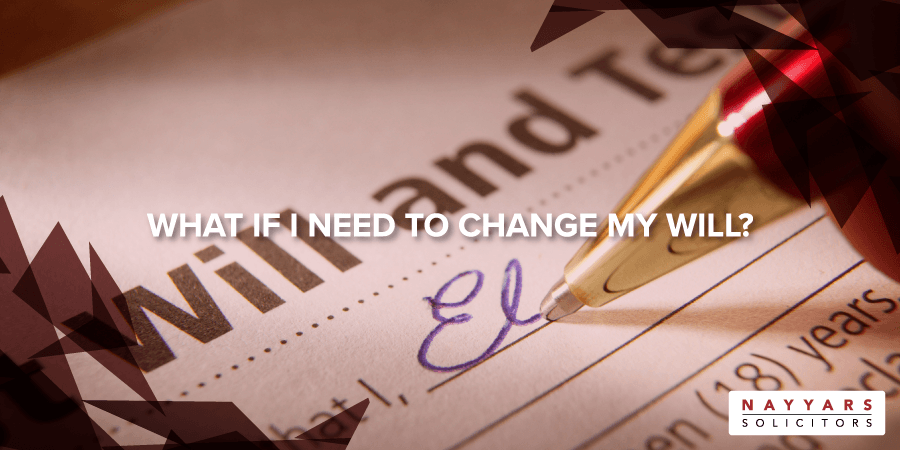LAW SOCIETY EXCELLENCE AWARDS 2019 WINNER!
Infant Approval

Infant Approval Hearings: What are they?
The English law classes children under the age of 18 as minors and any claim brought forward for an individual under the age of 18, must be overseen by a Litigation Friend (Parent/Guardian) on their behalf.
A personal injury claim brought on behalf of a child needs to be judicially reviewed. This process enhances the safeguarding of the child in respect of the law.
With children’s personal injury claims, a court does not find it acceptable for the Litigation Friend to simply accept the settlement sum and then receive the compensation themselves, as you do for an adult compensation claim.
A Court will always want to protect a child’s interests and make sure they are properly looked after.
What is an Infant Approval Hearing?
An infant approval hearing can often be called a damaged based hearing, as that is exactly what it is. Once an offer for a child’s personal injury claim is accepted, it needs to be put before a judge and reviewed by the court accordingly.
The judge will review the evidence gathered on behalf of the child and will ensure that in the circumstances the amount offered for the child’s personal injury claim is acceptable.
The main purpose of an infant approval hearing – is to ensure that the child’s claim is not under settled and that they are not under compensated in respect of the surrounding circumstances of their claim. A further purpose of the hearing, is for the court to ensure the child’s compensation is invested correctly in the court fund and managed until the client turns 18.
What happens at an Infant Approval Hearing?
After an agreement on a settlement, the sum has been reached between the Claimant and the Defendant, then the Claimant’s legal representatives will file the appropriate documents to the court and will await a hearing date from the court.
The time usually allocated for a hearing is 20 minutes. The child and the Litigation Friend will be required to attend the hearing, which is usually held at a local court to that of the child Claimant.
The judge will usually ask the child (age dependant) or the Litigation Friend if their injuries have recovered in line with the prognosis given by the medical expert in the medical report. This is to ensure the claim is not under settled. The judge will then take everything into consideration and will decide whether the settlement is approved.
A judge can refuse to approve the settlement, where they consider the settlement sum should be higher in relation to the injuries sustained. The judge will then only approve the settlement once an increased offer has been made by the Defendant.
If the settlement has been approved, then the settlement compensation will be invested into the Court Fund Office until the child reaches 18. A parent can ask the judge for an interim payment of the compensation, however, the judge will only consider this type of payment, where the parent can prove it will help the child. They will need to submit evidence to show this.
Once the child reaches 18, he/she can apply to the court funds office and ask for the compensation to be release to them. By this time the damages will have accumulated interest.
At Nayyars we are specialist solicitors at handling claims for children. Many of the Team are parents and their aim is always to get the best result for every child.
Ashleigh Garner


